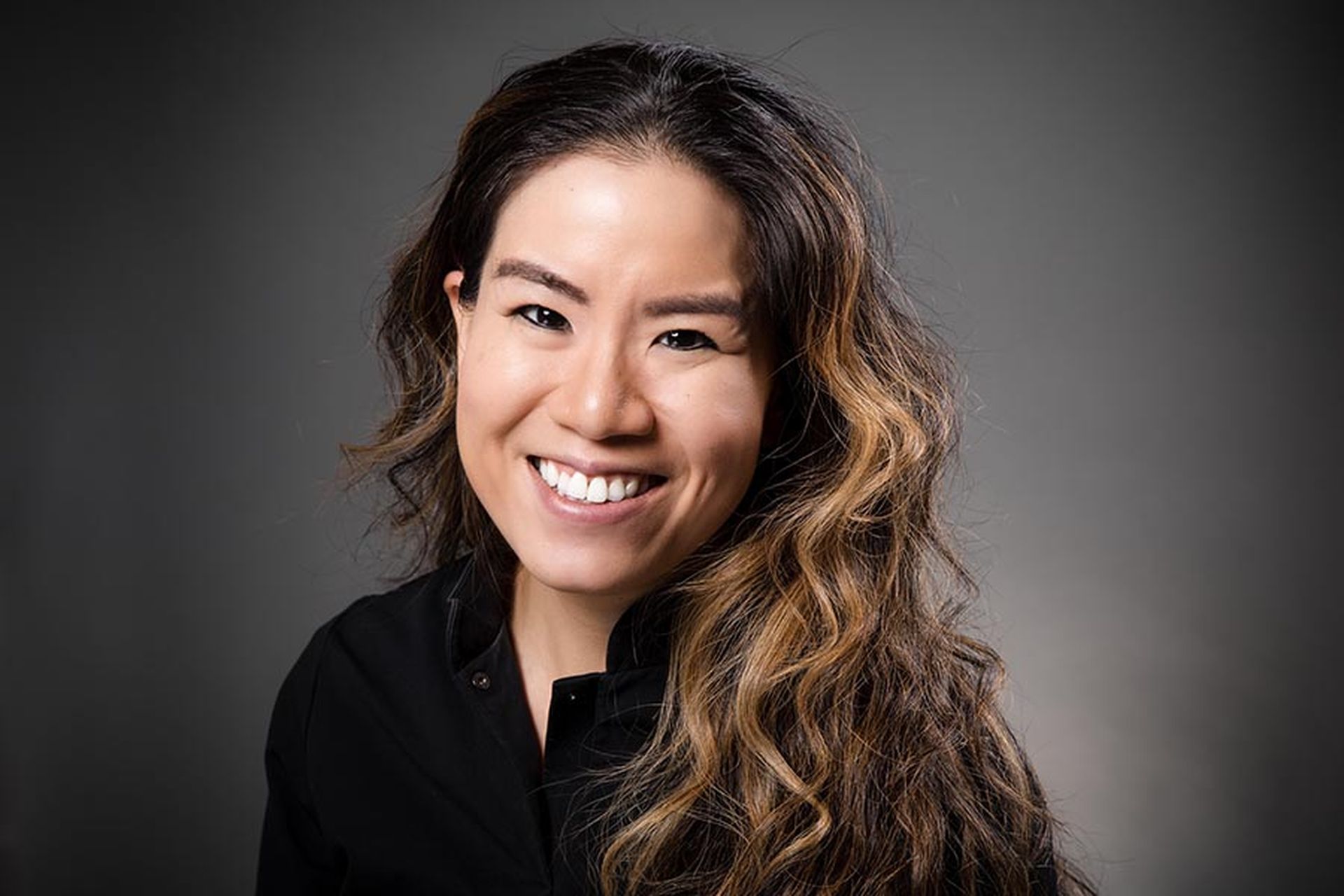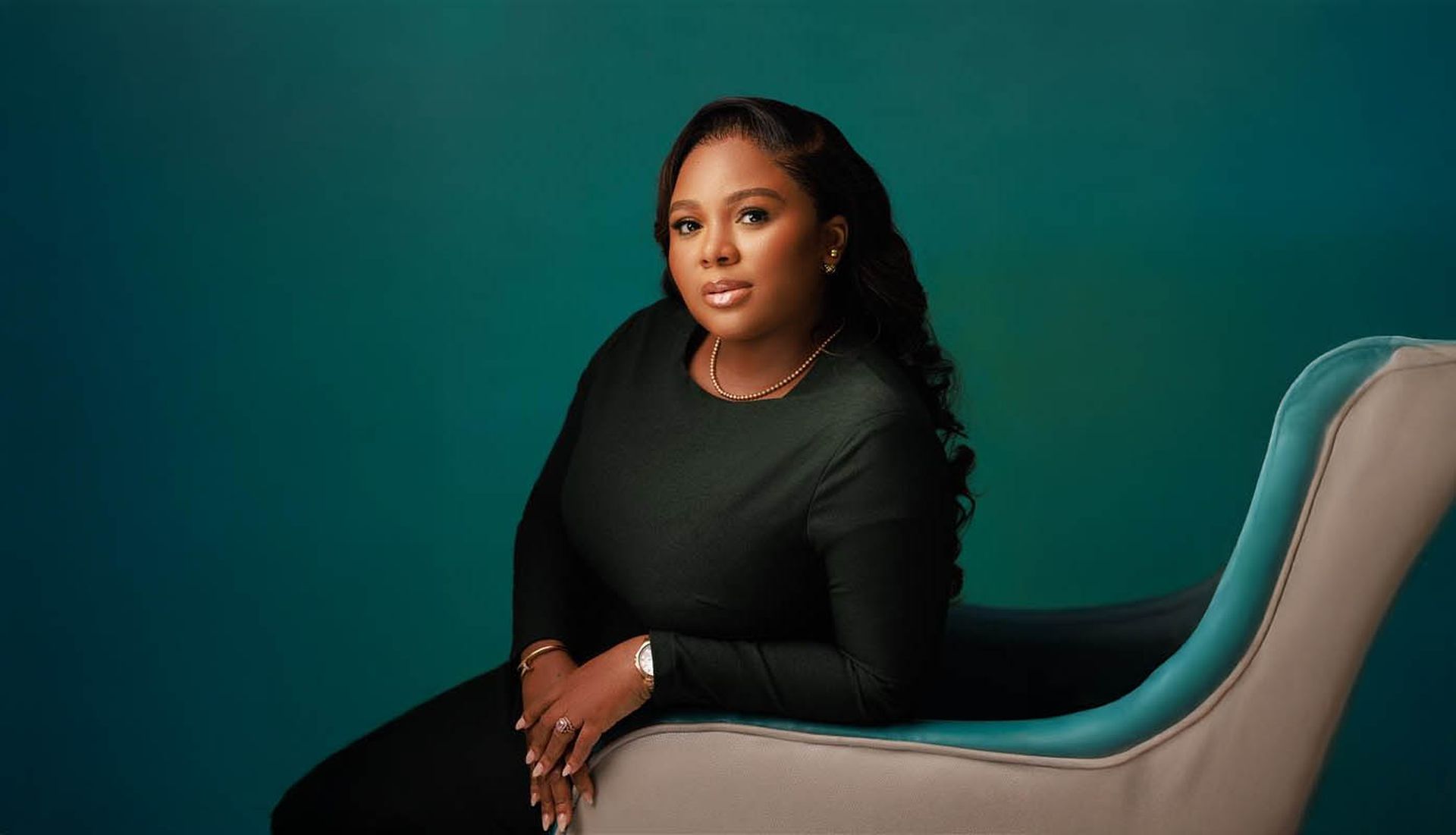Cloudflare protects the internet, but who protects Cloudflare?
One of them would be Susan Chiang, deputy chief security officer, who helps secure the IT and assets for a company that operates in more than 100 countries and provides cloud cybersecurity and DDoS mitigation services for approximately 20% of the internet.
It’s part of a pattern for Chiang — who said she previously worked in healthcare consulting interacting with hospitals and emergency rooms — of looking for jobs with direct, mission-oriented work. Cloudflare, which protects huge swaths of internet traffic from malicious botnets and DDoS attacks, sets up digital waiting rooms for COVID vaccine distribution efforts and rushed to provide cybersecurity assistance to Ukraine in the wake of Russia’s invasion in 2022.
“We’re probably one of the few infrastructure companies that gets into these [controversial] conversations at times, but it’s because we are in these areas where the internet is truly a necessity and we don’t shy away,” said Chiang.
Internally, she has worked to expand the company’s efforts into leveraging zero trust security principles, helping to build a team around the concept and leading the charge to require employees to use security keys to authenticate their identities, something that has dramatically cut down the success of phishing attacks.
Having achieved her own prominent place in cybersecurity, Chiang wants to build a ladder that will help other women rise in the profession. She runs Cloudflare’s Women in Cybersecurity initiative, where she and others mentor early career professionals and share their experience on learning to thrive in a male-dominated industry.
When you work with good people, you advance each other’s careers, and she finds the process of furthering the evolution of another woman’s career invigorating and something that allows her to stay plugged into the younger generations and tap into new ideas that can slip by more established professionals.
She’s also worked to broaden the company’s intern program to attract a wider range of candidates from different backgrounds. Chiang emigrated from Taiwan as a child and spent years feeling like an outsider. She also didn’t start her professional career in cybersecurity, and knows how important it is to feel like you belong.
“I found it really important to make that first cybersecurity job…something that feels very welcoming and inclusive and something that is supportive as somebody is figuring out ‘is this the right place for me?’” she said about her approach.




